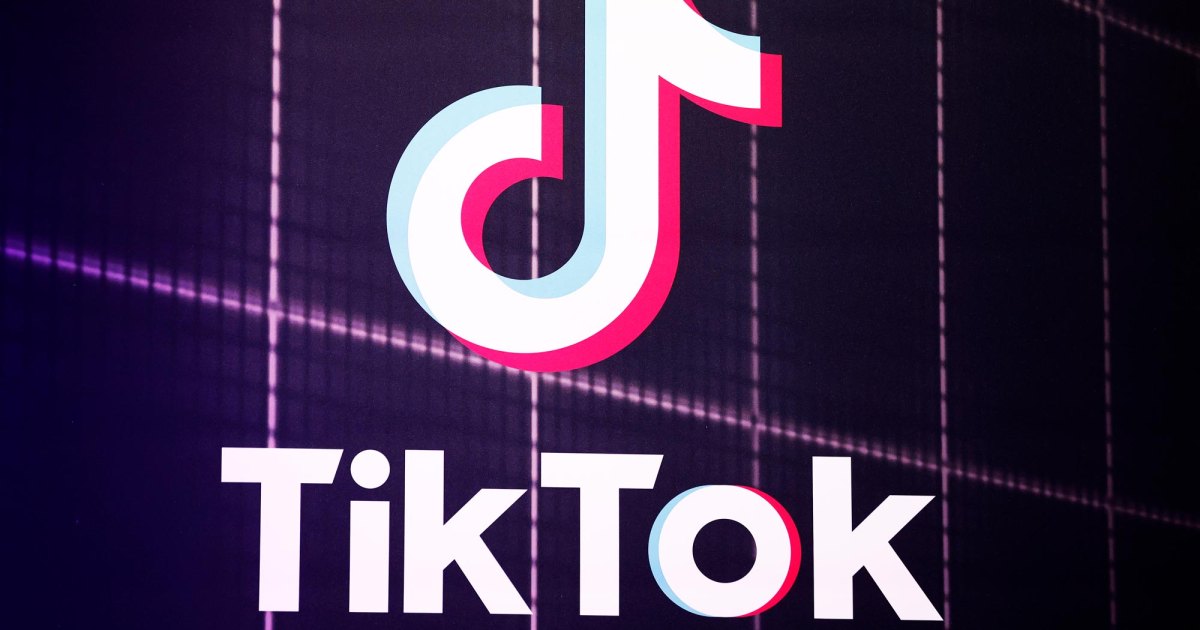TikTok Defies Legal Challenges: Service Resumes in the U.S.
In a surprising turn of events, TikTok has restored its service in the United States, despite looming legal obstacles. This bold move raises questions about the app’s future and its ability to navigate regulatory hurdles. With millions of users relying on the platform for entertainment, education, and social connection, TikTok’s decision to continue operations amidst legal challenges reflects a strategic approach to maintain its foothold in the highly competitive social media landscape.
The Legal Landscape Surrounding TikTok
TikTok, owned by the Chinese company ByteDance, has faced scrutiny from U.S. lawmakers and regulators for several years. Concerns mainly revolve around data privacy, national security, and the potential influence of foreign entities over American citizens. In 2020, former President Donald Trump attempted to ban the app, citing security risks, which led to a protracted legal battle. Although the ban was never fully implemented, the threat of legal challenges lingered.
Recent developments have seen state and federal legislators reevaluate their positions on TikTok. A new wave of regulatory scrutiny has emerged, primarily focused on data handling practices and content moderation. The app’s ability to comply with U.S. laws while retaining its user base and operational integrity has become a contentious topic. However, TikTok’s recent decision to continue its service indicates a confidence in its ability to address these legal challenges head-on.
Reasons Behind TikTok’s Resilience
Several factors contribute to TikTok’s ability to withstand legal pressures and resume its service in the U.S:
- Massive User Base: With over 100 million active users in the U.S., TikTok has become an integral part of the social media ecosystem. This immense user base provides a compelling reason for the platform to fight for its position in the market.
- Investment in Compliance: TikTok has invested heavily in compliance measures, working closely with U.S. regulators to address data privacy concerns. This includes establishing transparency centers and implementing data storage solutions within the U.S.
- Adaptation and Innovation: TikTok has shown a remarkable ability to adapt its policies and features in response to user feedback and regulatory expectations. This adaptability positions the app favorably in the eyes of users and regulators alike.
Implications of TikTok’s Continued Service
The resumption of TikTok’s service in the U.S. has significant implications for various stakeholders:
For Users
Users can continue enjoying the vast array of content available on TikTok, from creative videos to educational tutorials. The platform fosters a sense of community, enabling users to connect with others who share their interests. Additionally, the ongoing service means that content creators can maintain their channels, monetizing their efforts and engaging with their audiences.
For Competitors
TikTok’s ability to navigate legal challenges and continue its operations puts pressure on competing platforms like Instagram, Snapchat, and YouTube. These companies must innovate and improve their offerings to retain users who may be drawn to TikTok’s unique features and community-driven content.
For Regulators and Lawmakers
TikTok’s resilience forces regulators to reconsider their strategies for addressing data privacy and security concerns. As the platform continues to operate, regulators must find a balance between ensuring user safety and allowing innovative platforms to thrive. This ongoing dialogue may lead to more refined regulations that benefit users without stifling technological advancement.
Looking Ahead: TikTok’s Future in the U.S. Market
As TikTok resumes its service in the U.S., questions about its long-term viability and adaptability linger. The platform’s management will need to remain vigilant and proactive in addressing legal challenges while continuing to enhance user experience. Here are a few possibilities for TikTok’s future:
- Strengthening Data Policies: TikTok might further develop its data protection strategies to alleviate concerns about user privacy. This could involve more robust encryption measures, transparency reports, and user education initiatives.
- Engagement with Regulators: Continued dialogue with U.S. lawmakers will be crucial. TikTok could benefit from forming advisory boards that include experts in data privacy, cybersecurity, and social media ethics to guide its policies.
- Expansion of Features: To keep its user base engaged, TikTok may explore new features that enhance the user experience, such as augmented reality (AR) tools, improved e-commerce integrations, and more robust content moderation systems.
Community and Content Moderation
Another critical area for TikTok will be content moderation. As the platform grows, ensuring that content is safe and appropriate becomes increasingly important. TikTok may need to invest in advanced AI technologies and human moderators to maintain a healthy and positive community. This investment could also serve as a selling point to regulators, demonstrating a commitment to user safety.
Conclusion
TikTok’s decision to resume its service in the U.S. despite ongoing legal challenges is a testament to the platform’s resilience and strategic approach. By investing in compliance, engaging with users, and adapting to regulatory scrutiny, TikTok has positioned itself as a formidable player in the social media landscape. As the situation continues to evolve, it will be fascinating to watch how TikTok navigates the complexities of U.S. regulations while maintaining its vibrant community of users. The future of TikTok in the U.S. is undoubtedly bright, but it will require ongoing vigilance, innovation, and a commitment to user trust.
See more Future Tech Daily

